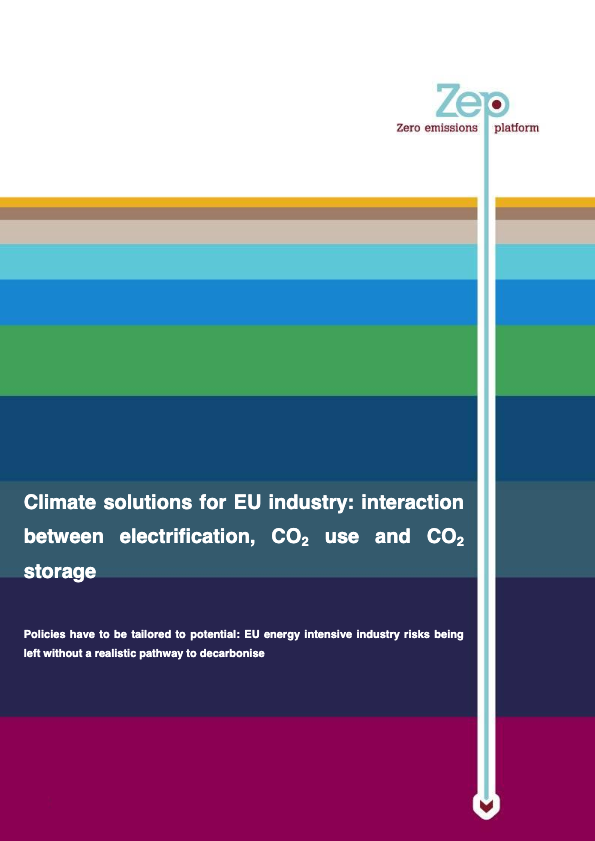In March 2016 ZEP provided detailed recommendations for the design of the Innovation Fund Delegated Act, based on lessons learnt by CCS projects from across Europe including previous NER 300 projects. ZEP has published an updated paper providing input to the Commission on how the Innovation Fund Delegated Act can specifically support the development of CCSContinue reading “ZEP Position Paper Funding CCS Market Makers through the Innovation Fund”
ZEP Position Paper Funding CCS Market Makers through the Innovation Fund

